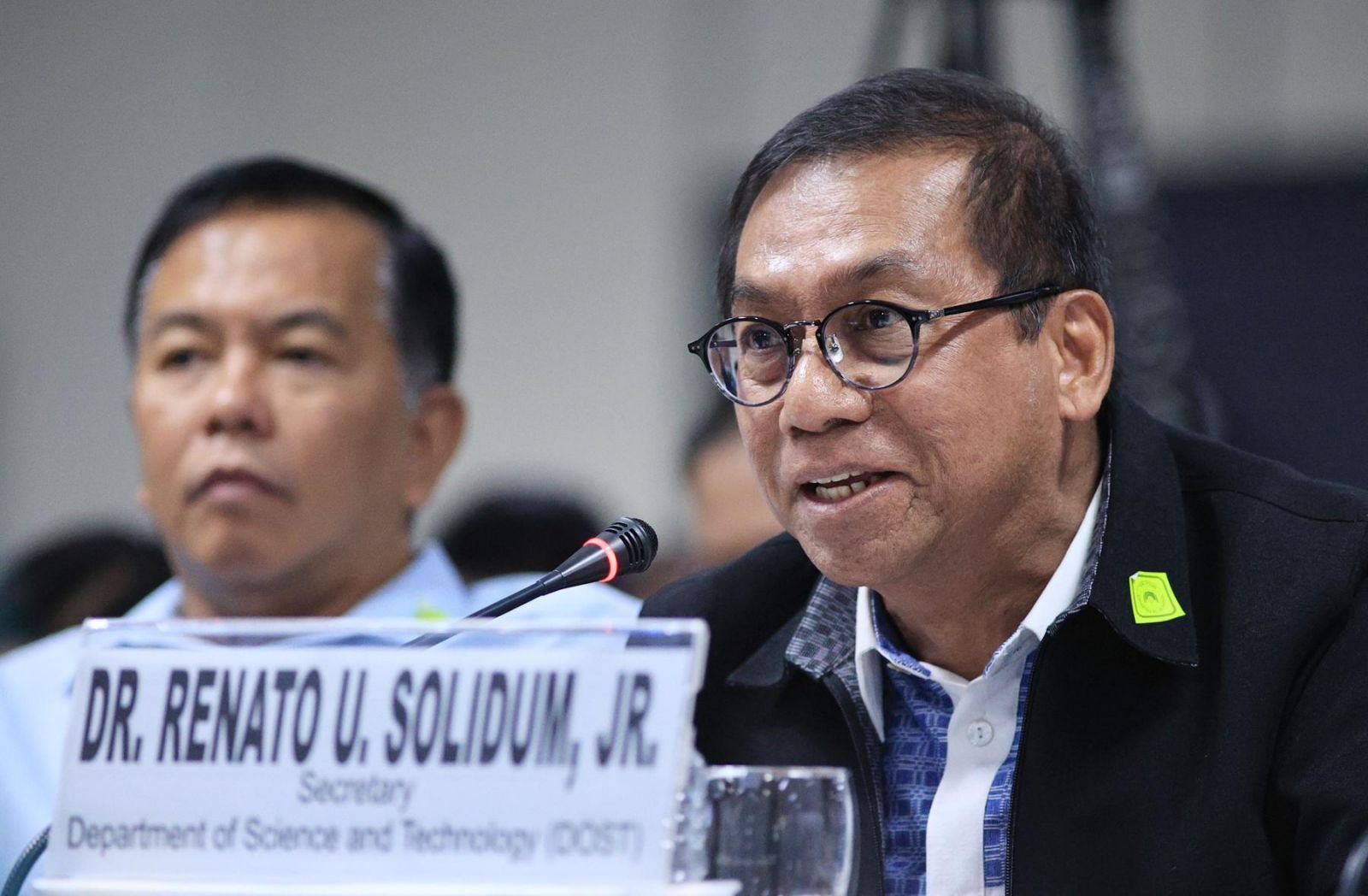DOST upbeat with ‘Balik Scientist’ program given more funding
Taking their cue from President Ferdinand “Bongbong” Marcos Jr., who has expressed a keen interest in making science a leading component of national development, the country’s leading agencies in the field are laying the groundwork to make science and research more relevant to ordinary Filipinos.
Central to these efforts is a campaign by the Department of Science and Technology (DOST) to entice Filipino scientists overseas to return home, in line with Republic Act No. 11035, the 2018 law “institutionalizing the Balik Scientist Program” (BSP).
The department said the BSP aims to reverse the effects of “brain drain” in the Philippines by offering better incentives and funding to those scientists.
The President himself cited the program, first established during the administration of his father and namesake, in his second State of the Nation Address in July where he urged Filipino scientists to help drive innovation and economic development.
According to Science Secretary Renato Solidum, those aspirations have so far received tangible support, with the budget for the BSP increased to P79 million this year from P60 million in 2022.
Several state universities and colleges have also expressed interest to host returning scientists.
‘Big boost’
RA 11035 has helped boost funding in terms of incentives as well as research and development grants for scientists, Solidum said, adding that Marcos’ support is another plus.
“The mere pronouncements of [the] President that our kababayans are really needed here [are] seen as a big boost for them to actually engage and come back,” Solidum said.
“It’s a recognition for the scientists that they have [the] expertise … that the Philippines sorely lacks, and there is also a trickle-down effect on the country’s state universities and colleges and other hubs of innovation,” he added.
Science Undersecretary Leah Buendia said the BSP had also become more flexible. For example, returning scientists can choose to work here for the short-term (15 days to six months), medium-term (six months to one year) and long-term (one to three years).
According to Buendia, 44 scientists have returned home since last year under the auspices of the BSP. This brings the total number of returning scientists to 631 since 1975, she said.
Contributions
Still, that figure is just a drop in the bucket through the decades and compared with the total number of scientists in the country today.
According to the last census conducted by the DOST, which was back in 2010, there were more than 11,400 scientists in the country but only about 3,000 of them work in the government.
While there has been better funding, procurement issues as well as the limited availability of organizations sponsoring the scientists still make it difficult to fully realize the program’s vision, Solidum said.
Even so, the country’s Balik Scientists have already contributed significantly to various industries such as transportation and energy, developing alternative sources in the latter field, said Dr. Enrico Paringit, director of the Philippine Council for Industry, Energy and Emerging Technology Research and Development, an agency of the DOST.
Some of them have also helped shape government policy on such national concerns as the COVID-19 pandemic and the oil spill from the sunken MT Princess Empress, which leaked 800,000 liters of fuel oil off the coast of Oriental Mindoro province in June.
‘Much better incentives’
One such Balik Scientist is Dr. Hernando Bacosa, a marine scientist who had been studying oil spills at the University of Texas before he returned home in 2022 to help fill a much-needed expertise gap in the country—environmental science and pollution.
Back here at home, Bacosa has led studies that showed the presence of microplastics in Metro Manila’s air and in marine ecosystems such as Laguna Lake. The findings have helped spur action from policymakers.
He was also the lone scientist in the Philippine Coast Guard-led task force helping to mitigate the effects of the Mindoro oil spill.
There was a time when the incentives “were not as enticing,” Bacosa recalled. “But when the program became a law, the incentives became much better. We had allowances of about $200 (P11,330) a day, and the government paid for your flights and the host institutions took care of your accommodations.”
The BSP now also offers health and medical benefits, transportation and relocation allowances, and proposal-driven funding for research, he added.
‘Critical stage’
While much more needs to be done for the country to catch up with its neighbors in the region, Bacosa said the program has already “show[n] that when you provide our scientists with resources, they can show that they are very much at par [with] or even better [than their counterparts abroad].”
“The government needs to create a more conducive environment for innovation, as the country is entering a critical stage in research and development,” he said. “We very much need to catch up and the program is one way of doing so.” INQ
